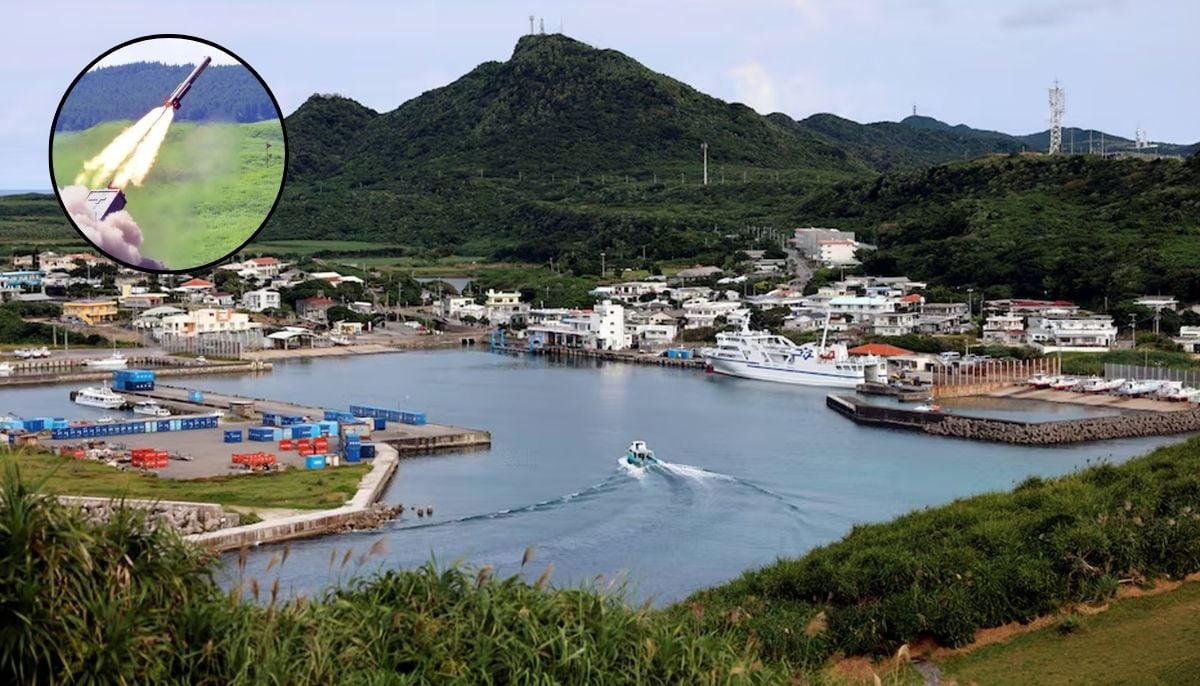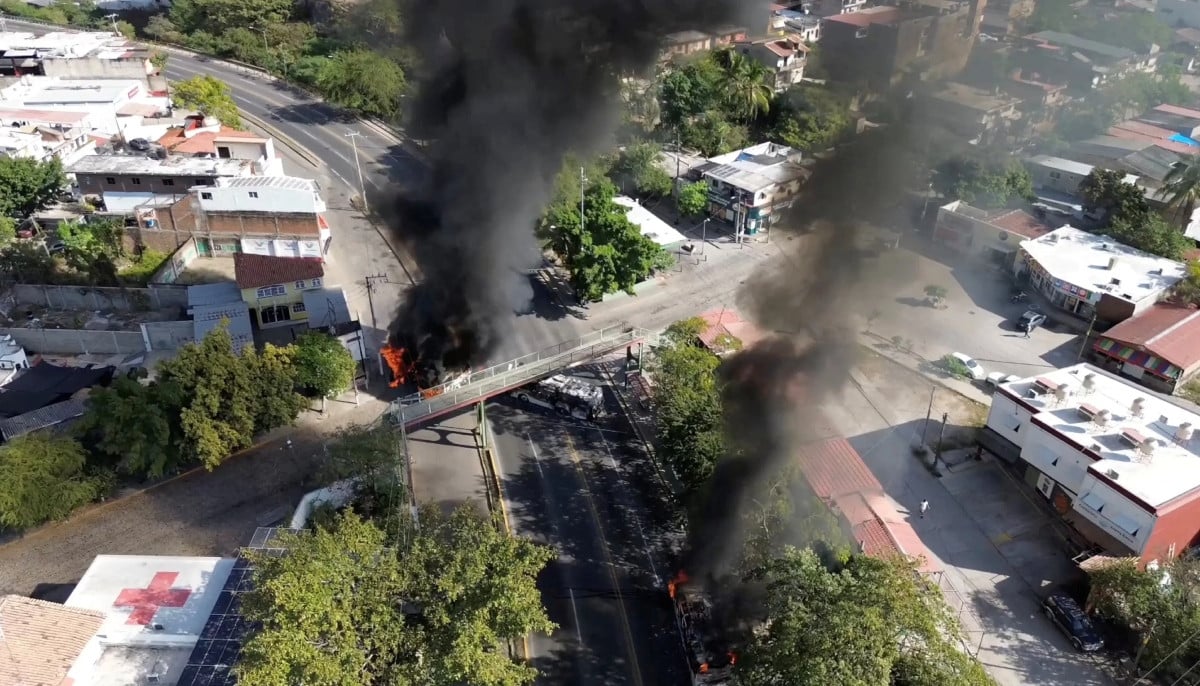VIDEO: Fifty metres of Nord Stream pipe destroyed
Pipelines, which connect Russia to Germany, have been at centre of geopolitical tensions as Russia cut gas supplies to Europe
At least 50 metres of the Nord Stream 1 pipeline has been destroyed or buried under the seafloor, following an explosion assumed to be from sabotage, underwater images published Tuesday showed.
Danish police meanwhile said their inspections of the pipelines 1 and 2 in the Danish economic zone of the Baltic Sea confirmed the damage was "caused by powerful explosions".
In videos published by Swedish newspaper Expressen, a massive tear and twisted metal can be seen on the Nord Stream 1 pipeline 80 metres down in the Baltic Sea.
Expressen said the videos, filmed on Monday, show how over 50 metres (165 feet) of the pipeline is either missing or buried under the seabed, and long tears can be observed on the seabed leading up to the burst pipe.
"It is only an extreme force that can bend metal that thick in the way we are seeing," Trond Larsen, drone operator with the Norwegian company Blueye Robotics, told Expressen.
Larsen, who piloted the submersible drone which captured the video, also said you could also see "a very large impact on the seabed around the pipe."
The two Nord Stream pipelines were damaged by explosions under the Baltic Sea at the end of September, causing four leaks.
While the leaks were in international waters, two of them were in the Danish exclusive economic zone and two of them in the Swedish.
Swedish authorities announced on October 6 that they had conducted an underwater inspection of the site and collected "pieces of evidence", and that the inspection backed up suspicions of probable sabotage.
Meanwhile, Danish police on Tuesday said they had completed several inspections of the leaks in the Danish zone, together with the intelligence service PET.
"The inspections have confirmed that there has been extensive damage to Nord Stream 1 and 2 in the Danish exclusive economic zone and that the damage was caused by powerful explosions," they said in a statement.
Danish police also said a joint investigation team would be set up with PET to continue the investigation, but that it was too early to say what international cooperation would be possible with Sweden and Germany.
The pipelines, which connect Russia to Germany, have been at the centre of geopolitical tensions as Russia cut gas supplies to Europe in suspected retaliation against Western sanctions over Moscow´s invasion of Ukraine.
Although the pipelines were not in operation, they contained gas before falling victim to the apparent sabotage.
-
Rep. Al Green removed from House chamber during Trump’s State of Union address: Here’s what happened
-
Bill Gates breaks silence on Epstein links, ‘took responsibility for his actions’ during town hall meeting
-
President Donald Trump delivers the traditional State of the Union address to Congress
-
Australia: Bomb threat behind evacuation of PM Anthony Albanese linked to Chinese dance group
-
Applebees closures expand with Glenville restaurant closing for good after 10 years
-
Louvre director resigns after historic jewelry heist exposed security flaws
-
Mike Johnson presents George Washington's Gavel for first time at State of Union
-
Mexico travel warning: What you need to know as airlines resume flights to Mexican cities












